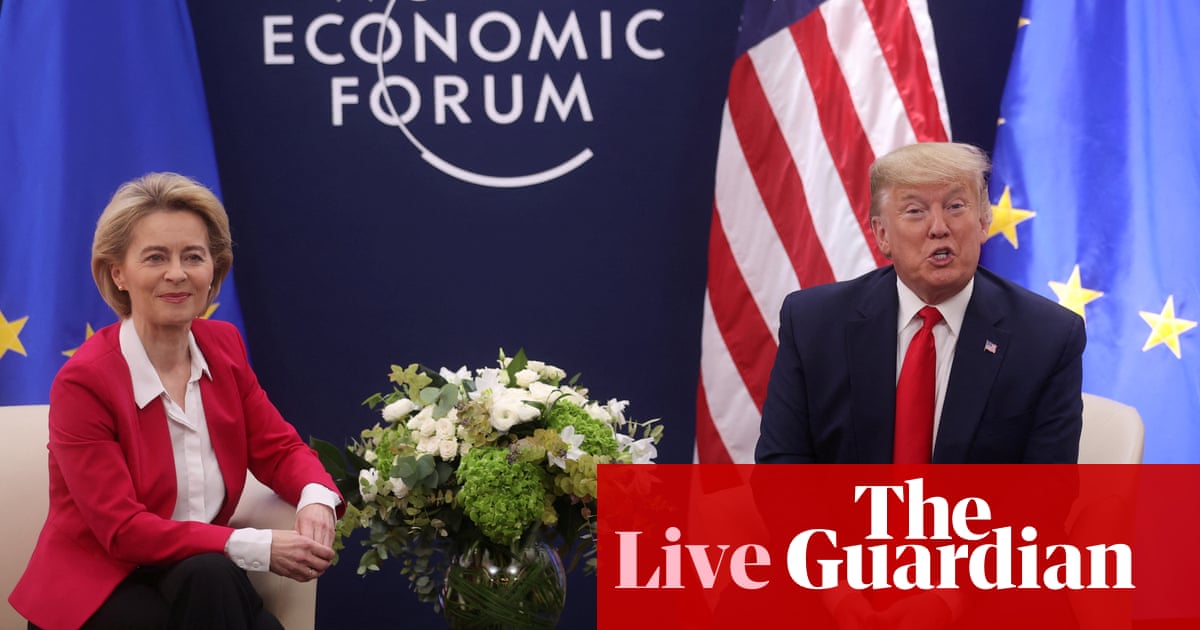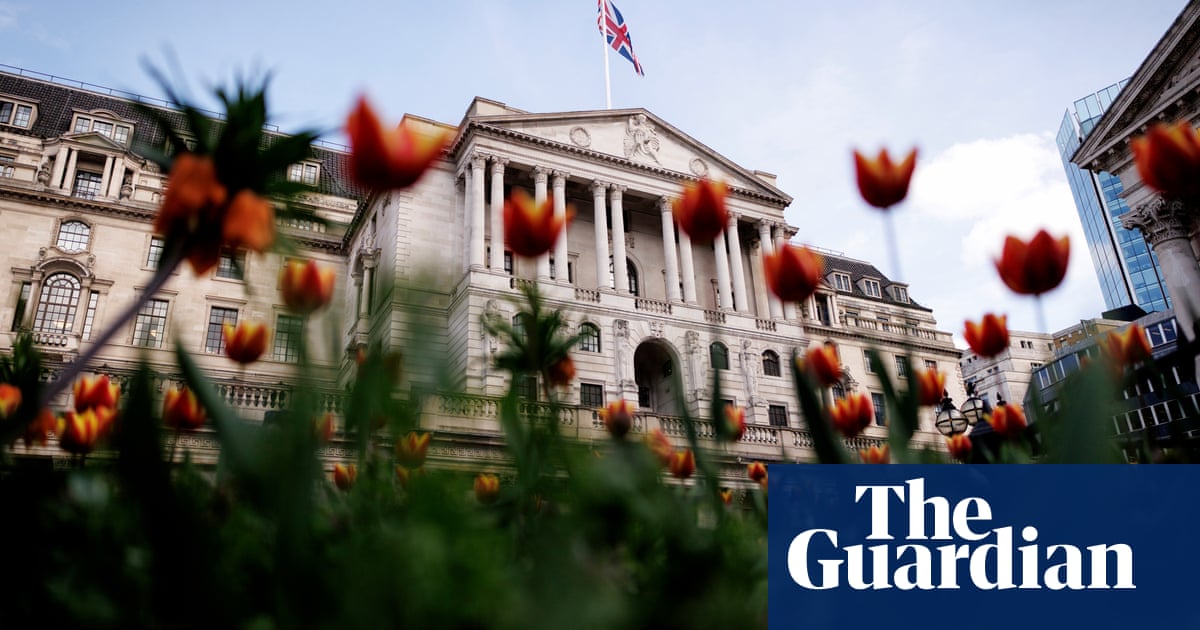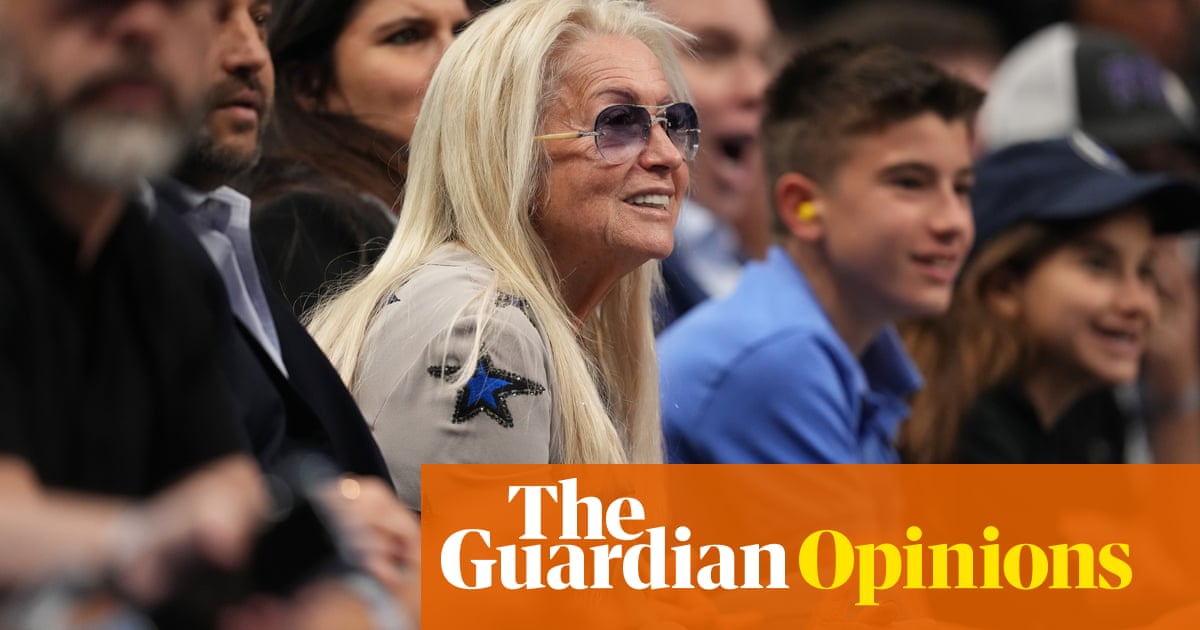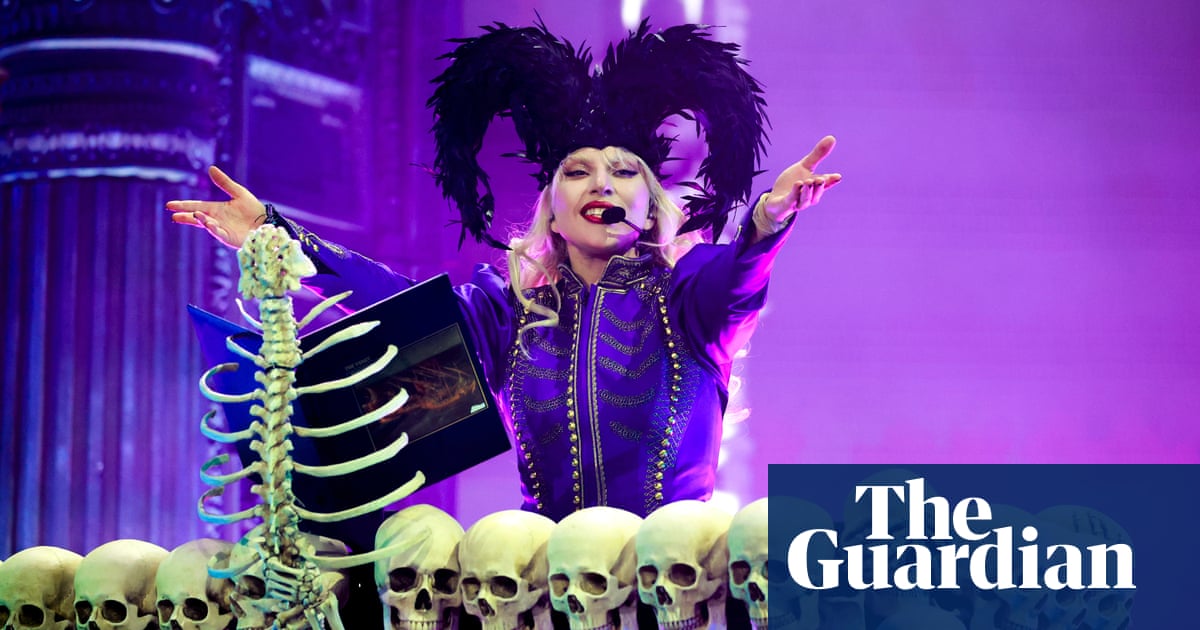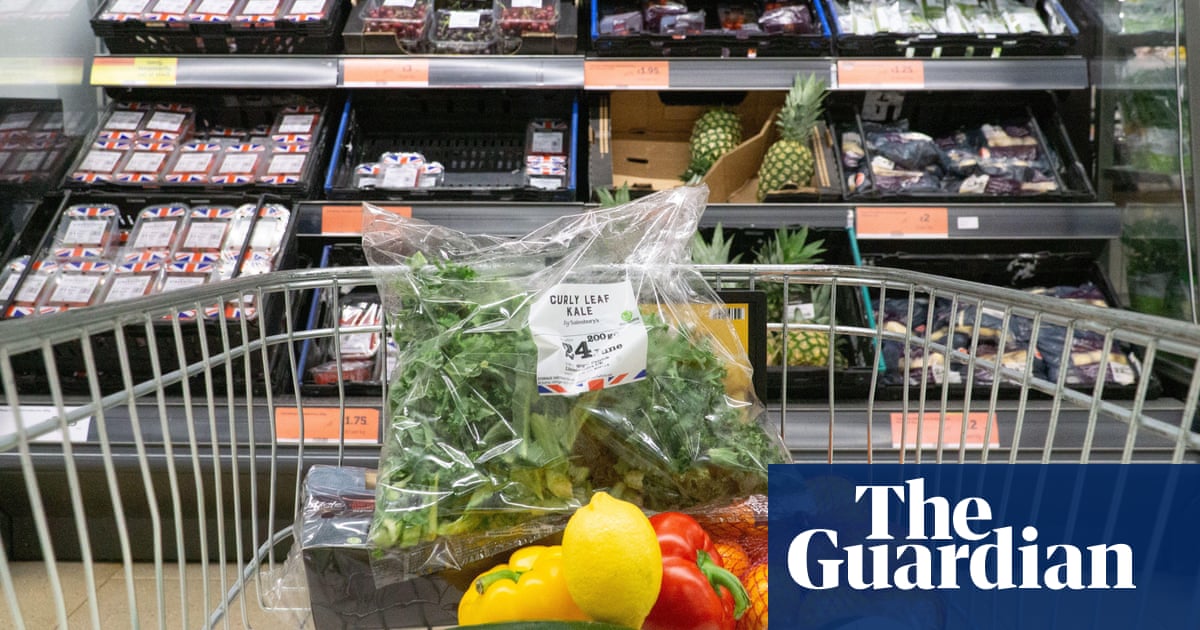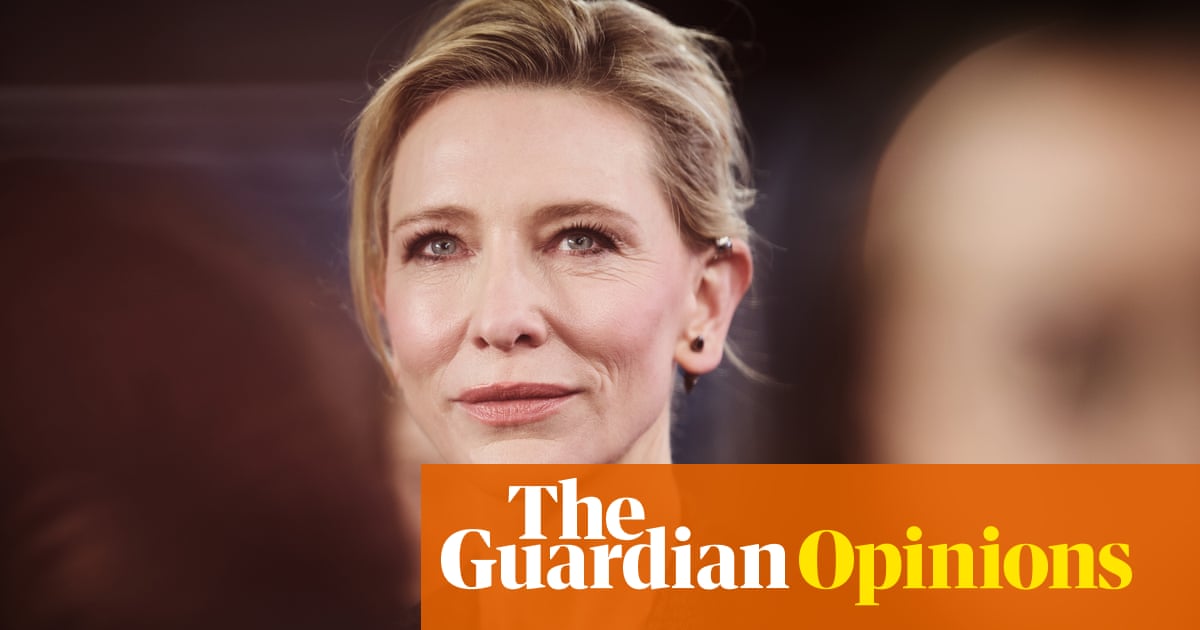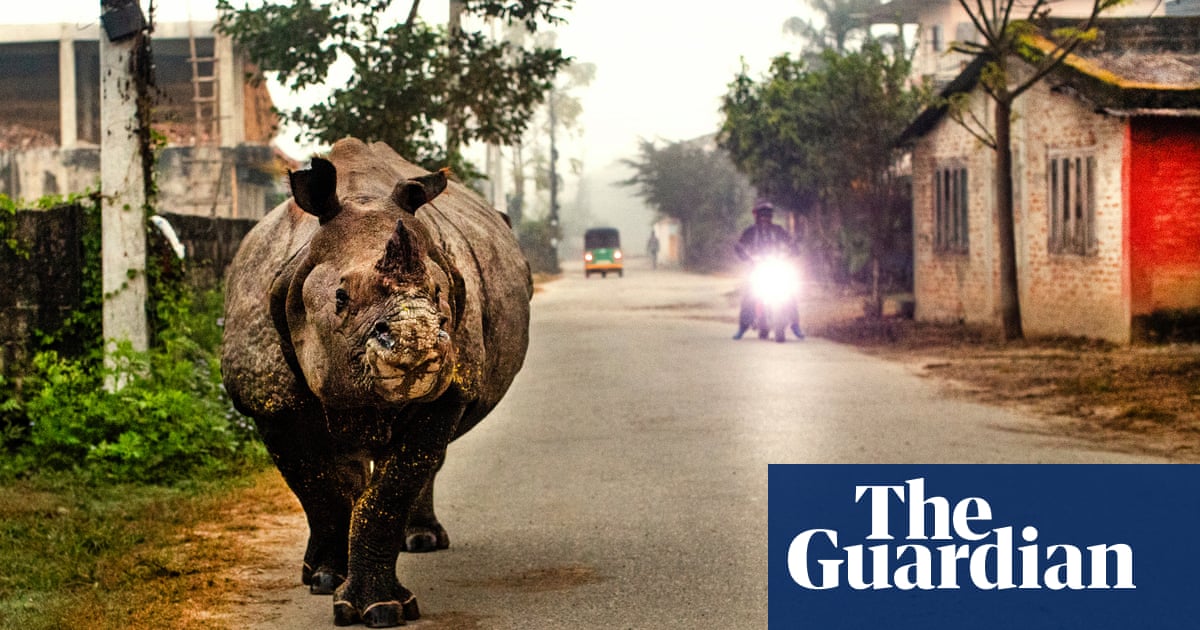It was certainly not one of those rather bland debates the Bundestag, the German parliament, is deservedly known for. On Monday, Olaf Scholz, the German chancellor, and his challengers were hurling insults at each other in the hallowed halls of the Reichstag.
It was the last day of Scholz’s coalition government and he lost the vote of confidence that he had called for, which means the country is heading for early federal elections on 23 February.
Normally, such a vote is just a technicality required by the German constitution. It has been used by social democrats and conservatives alike several times in the past to get to snap elections.
But this time was different. During the debate, Scholz scolded his erstwhile coalition partners, the Free Democrats: they lacked the “moral maturity” required for public office. The conservative opposition leader and the probable next chancellor, Friedrich Merz, called the Green party’s Robert Habeck “the face of the economic crisis” and Scholz “a global embarrassment” for Germany. Scholz responded later in a TV interview by belittling Merz as “Fritz, who is known for talking nonsense”.
Personal slurs of this type used to be out of bounds in Germany. But now German democracy is under unprecedented strain from inside and out. The loss of decorum in Monday’s debate is proof of it. The most powerful country on the continent might be headed for a test more stark than anything since reunification more than three decades ago.
Germany is in a severe economic crisis caused by high energy prices and bad management decisions. Once mighty car manufacturers such as Volkswagen are planning to lay off thousands of people. The pride of German engineering might be facing an extinction level event once the full impact of Chinese EV imports hits the European market. Should the German car industry be hurt by competition from China – so far, the most important export market for our goods – it would be a historic reversal with deep political and psychological effects.
True, Germany has changed course radically from postwar pacifism after being caught flat-footed by the war in Ukraine. But now, while Russia is slowly gaining ground in eastern Ukraine, those on the extreme right and left wings in Germany lead a backlash against supporting the Ukrainian war effort. The far-right AfD wants to terminate weapons deliveries and grant victory to Putin. They are polling at 18%, in second place and ahead of Scholz’s SPD.
The new far-left BSW is equally pro-Russian, anti-Ukrainian, anti-Nato, anti-EU and anti-immigrant. It is uncertain if Bündnis Sahra Wagenknecht (the alliance is named after its founder, Sahra Wagenknecht) can clear the 5% threshold required for seats in the Bundestag, but it has already altered the public discourse.
With BSW, there is a new left-nationalist flavour on the menu of German party politics. Interestingly, both the rightwing and leftwing extremes are set to profit from a second Trump term. They share his sentiments against “elites”, immigrants, free trade, “globalists”, mainstream media and institutions such as Nato.
The next German elections had been scheduled for September 2025. The snap poll after the collapse of Scholz’s coalition last month means that Germany faces Trump’s return to the White House without a government in place. Depending on the outcome, and subsequent negotiations, it might take until May or June before a new coalition is formed in Berlin.
This is an unmitigated disaster considering the equally fragile situation in France, the second most important economy on the continent. Should the new Bayrou government fail, France could head into a full-blown constitutional crisis that would destroy Emmanual Macron’s presidency once and for all. And this would certainly increase the chances of Marine Le Pen fulfilling her dream of becoming France’s first female president.
With Berlin and Paris going around in circles, Europe drifts leaderless while the future of the continent hangs in the balance. Trump has promised to hit Germany with crippling tariffs. He has threatened to pull the US out of Nato and has vowed to “bring peace to Ukraine” within 24 hours of taking office. Will European leaders be bystanders while the US president forces an unjust and unsustainable peace on Ukraine? Never was there more need for a unified European position than in the face of these challenges. Never has the prospect seemed more elusive.
Not everything is gloomy. Russia’s war on Ukraine has triggered the (from Putin’s point of view) undesired consequence of shifting the centre of gravity in Europe to the north-east. Poland and the Baltic states have become drivers of a more forceful European security posture on its eastern flank, together with Sweden, Finland and the Czech Republic. These smaller countries are the new European leaders now. While the bigger players in Europe – the traditional pillars of transatlanticism such as the UK, Germany and France – have trouble keeping their houses in order, the north-east corridor of Nato will have to shore up the alliance for the dangerous months ahead.
Merz, the aforementioned leading contender to be Germany’s next chancellor, has vowed to do more on defence. Not just to please Trump, but in Germany’s genuine national interest. What he will not say is where the hundreds of billions of Euros that it takes to remake the Bundeswehr into a functioning force ready to defend Germany and Nato will come from.
The new cold war with Putin’s Russia cannot be won with the German debt brake in place – the fiscal rule that severely limits borrowing on federal and state levels. But it is not just about defence. The turnaround for the German economy Merz promises will not happen without more government spending on education and innovation, infrastructure and investment. Many Germans, as notoriously thrifty as they are, have accepted that reality: decades of underspending have caused a rotten infrastructure that needs to be urgently modernised, from smelly school bathrooms to fibre cable networks to armed drones.
The conservative Christian Democrats, having ruled for 16 of the past 20 years, must accept some responsibility for the sorry state of this country. A lot depends on their courage in changing course and telling the voters the truth. Polling at 32%, they are the last big-tent centre-right party on the continent – maybe in the world. Absent a miracle, in Germany’s highly representative voting system they will most likely have to form a coalition with at least one partner, either the Social Democrats or the Greens – or both.
Which means that the very politicians yelling at each other need to find common ground sooner rather than later. Election season is a time to present alternative visions, not for character assassination. Because when Germany goes to the polls in two months, it will be a vote of confidence not only on Scholz’s recently failed coalition government, but on the whole party system, on the German model, and on democracy itself.
-
Jörg Lau is an international correspondent for the German weekly Die Zeit

.png) 3 months ago
28
3 months ago
28

